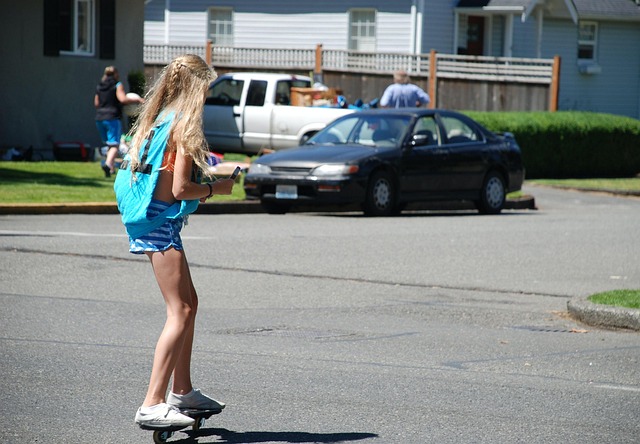The Teen Challenge lawsuits highlight allegations of abuse and mistreatment within Christian rehabilitation centers for at-risk youth, with victims seeking justice and compensation for psychological trauma. These legal actions not only pursue financial reparation but also hold the organization accountable, empower survivors to share their stories, and contribute to understanding potential abuses. Strategic steps include enhancing organizational accountability, expanding victim support services, raising awareness about program risks, and developing safer structures to address past misconduct and promote adolescent well-being.
“In recent years, a growing number of individuals have come forward with harrowing accounts of abuse within Teen Challenge programs, leading to a wave of legal action through Teen Challenge lawsuits. This article delves into the complex world of these lawsuits, offering a comprehensive overview of the allegations and their far-reaching consequences. We explore the impact on victims seeking justice, examine potential paths towards reparation, and discuss proactive measures to prevent future harm. Understanding these legal battles is crucial in ensuring accountability.”
- Understanding Teen Challenge Lawsuits: A Comprehensive Overview
- The Impact on Victims and the Search for Justice
- Potential Steps Towards Reparation and Prevention
Understanding Teen Challenge Lawsuits: A Comprehensive Overview

The Teen Challenge lawsuits have garnered significant attention due to their nature and impact on both victims and the organization itself. These legal cases often revolve around allegations of abuse, mistreatment, and emotional harm inflicted upon individuals who participated in the Teen Challenge program. The program, marketed as a Christian-based rehabilitation center for at-risk youth, has faced numerous accusations from former participants claiming they suffered while under its care.
Understanding these lawsuits requires a deep dive into the alleged practices within Teen Challenge facilities. Plaintiffs claim a culture of physical and emotional abuse, excessive discipline, and neglect contributed to their trauma. As a result, victims are seeking justice and compensation for the psychological scars they bear. This comprehensive overview aims to shed light on the issues, ensuring those affected have a platform to share their stories and hold the organization accountable.
The Impact on Victims and the Search for Justice

The impact on victims of Teen Challenge lawsuits goes far beyond financial compensation. Emotional and psychological trauma, often left untreated, can leave lasting scars. Many survivors struggle with feelings of betrayal, guilt, and fear, especially when facing an organization that once held religious or inspirational sway over them. The search for justice in these cases isn’t merely about securing funds; it’s about holding accountable those who exploited vulnerable young people under the guise of rehabilitation.
Victims deserve to have their voices heard and their experiences validated. Through legal action, they can seek not only redress for their harms but also a platform to share their stories, thereby contributing to a broader understanding of the potential abuses within Teen Challenge programs. This process can be empowering, offering closure and a sense of control over their traumatic experiences.
Potential Steps Towards Reparation and Prevention

In light of the ongoing Teen Challenge lawsuits, several potential steps can be taken towards reparation and prevention. One crucial step is improving accountability mechanisms within the organization to ensure transparency and address any misconduct promptly. This could involve enhanced oversight by independent bodies and stricter adherence to ethical guidelines. Additionally, victim support services should be established or expanded to provide necessary psychological and legal aid to those affected, fostering a sense of justice and healing.
Moreover, raising awareness about the potential risks associated with Teen Challenge programs is essential. Educating both participants and their families can help prevent future victims. Collaboration with relevant authorities, mental health professionals, and former Teen Challenge participants can contribute to developing comprehensive risk assessment tools and safer program structures. Such proactive measures will not only aid in reparing past wrongs but also serve as a game-changer in ensuring the well-being of future adolescents engaging with similar programs.
The Teen Challenge lawsuits highlight a pressing need for accountability and justice for victims of alleged abuse. By understanding the scope of these cases, recognizing their impact, and exploring potential paths towards reparation, we can ensure that victims receive the support and closure they deserve. It is imperative to address these issues comprehensively to prevent future instances of harm and foster healing within affected communities. Through continued dialogue, legal reforms, and increased awareness, we can work towards a more just and secure environment for all.
